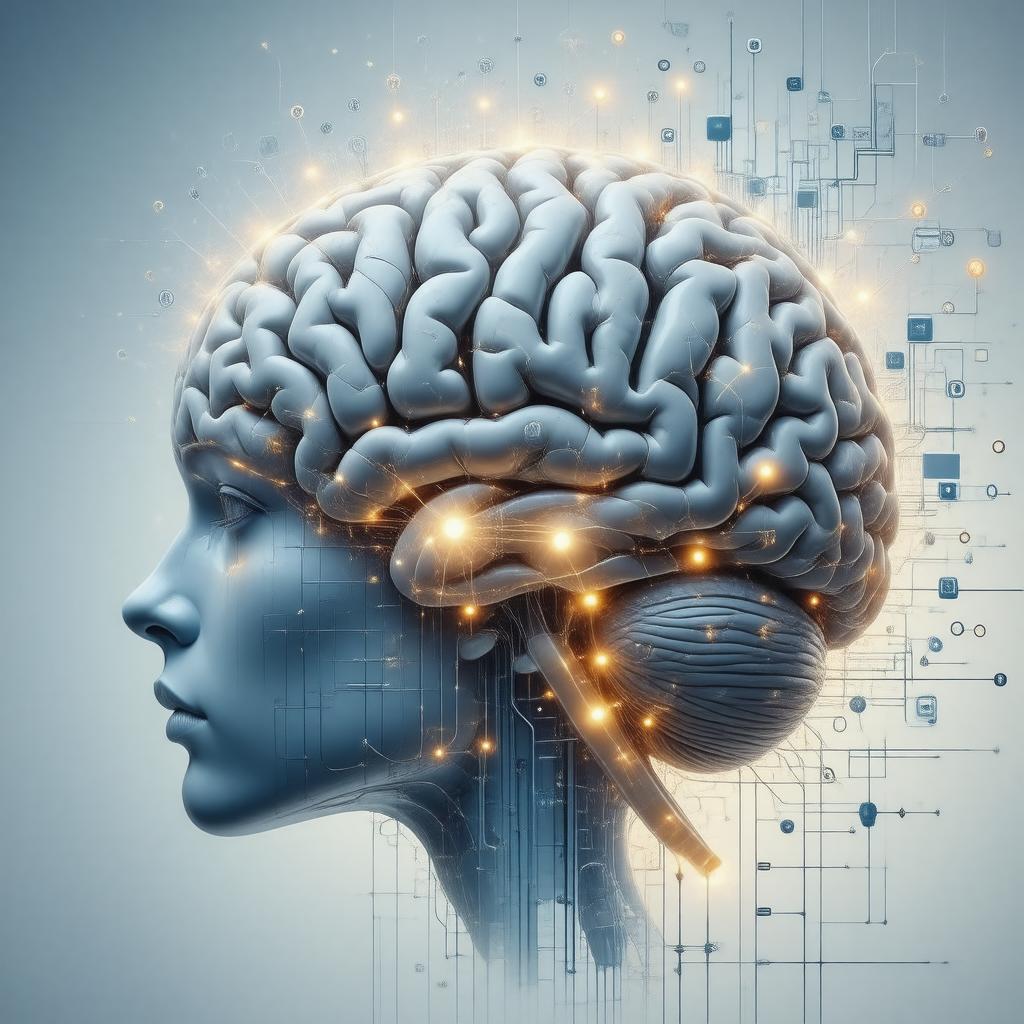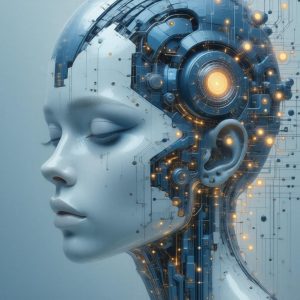An artificial intelligence logic agent is like a digital decision-maker that uses rules and reasoning to interact with its environment and make choices. Think of it as a smart computer program that can analyze situations, follow logical steps, and come to conclusions – much like how humans use reasoning to solve problems.
Understanding Logic Agents
Logic agents operate using a combination of knowledge representation and logical inference. They maintain an internal model of their world and use formal logic to make decisions. This process involves taking information from their environment, processing it through pre-programmed rules, and determining the most logical course of action.
Key Components of Logic Agents
• Knowledge Base: A collection of facts and rules about the world
• Inference Engine: The mechanism that processes the knowledge to reach conclusions
• Sensor Input: Information gathered from the environment
• Action Output: The decisions or actions taken based on logical reasoning
Real-World Applications
Logic agents are already working behind the scenes in many technologies we use daily:
• Expert Systems: Medical diagnosis programs that help doctors identify diseases based on symptoms
• Smart Home Systems: Devices that adjust temperature and lighting based on logical rules and preferences
• Financial Trading: Programs that make investment decisions using market rules and conditions
• Customer Service: Chatbots that use logical reasoning to answer customer queries
How Logic Agents Make Decisions
The decision-making process of a logic agent follows a structured approach:
1. Perception: Gathering information from its environment
2. Reasoning: Applying logical rules to the gathered information
3. Conclusion: Reaching a decision based on the reasoning process
4. Action: Executing the chosen action
Benefits and Limitations
Like any technology, logic agents have their strengths and weaknesses:
Benefits:
• Consistent decision-making
• Ability to handle complex logical problems
• Clear reasoning that can be tracked and explained
• Fast processing of large amounts of information
Limitations:
• May struggle with uncertain or incomplete information
• Can’t easily handle situations outside their programmed rules
• Limited ability to learn from experience
• May miss nuanced contexts that humans naturally understand
Future Developments
The field of logic agents continues to evolve, with promising developments in:
• Hybrid Systems: Combining logic agents with machine learning for more flexible decision-making
• Natural Language Processing: Improving how logic agents understand and respond to human communication
• Automated Reasoning: Enhancing the ability to handle complex logical problems
• Uncertainty Management: Better handling of incomplete or probabilistic information
Practical Examples
Consider a smart home logic agent that manages your house’s energy usage. It might follow this logical process:
If (time = evening) AND (room is empty) AND (lights are on)
Then (turn off lights)
Or a medical diagnosis system might reason:
If (patient has fever) AND (patient has cough) AND (patient has fatigue)
Then (recommend COVID-19 test)
These simple examples demonstrate how logic agents use rules to make decisions that would otherwise require human intervention.
Impact on Society
Logic agents are increasingly important in our digital world. They help automate decision-making processes, improve efficiency, and reduce human error in various fields. From healthcare to transportation, these AI systems are becoming essential tools for handling complex logical tasks while maintaining consistency and reliability.
Understanding how logic agents work helps us better appreciate their capabilities and limitations, allowing us to use them more effectively in solving real-world problems. As technology advances, we can expect to see even more sophisticated applications of logic agents in our daily lives.



